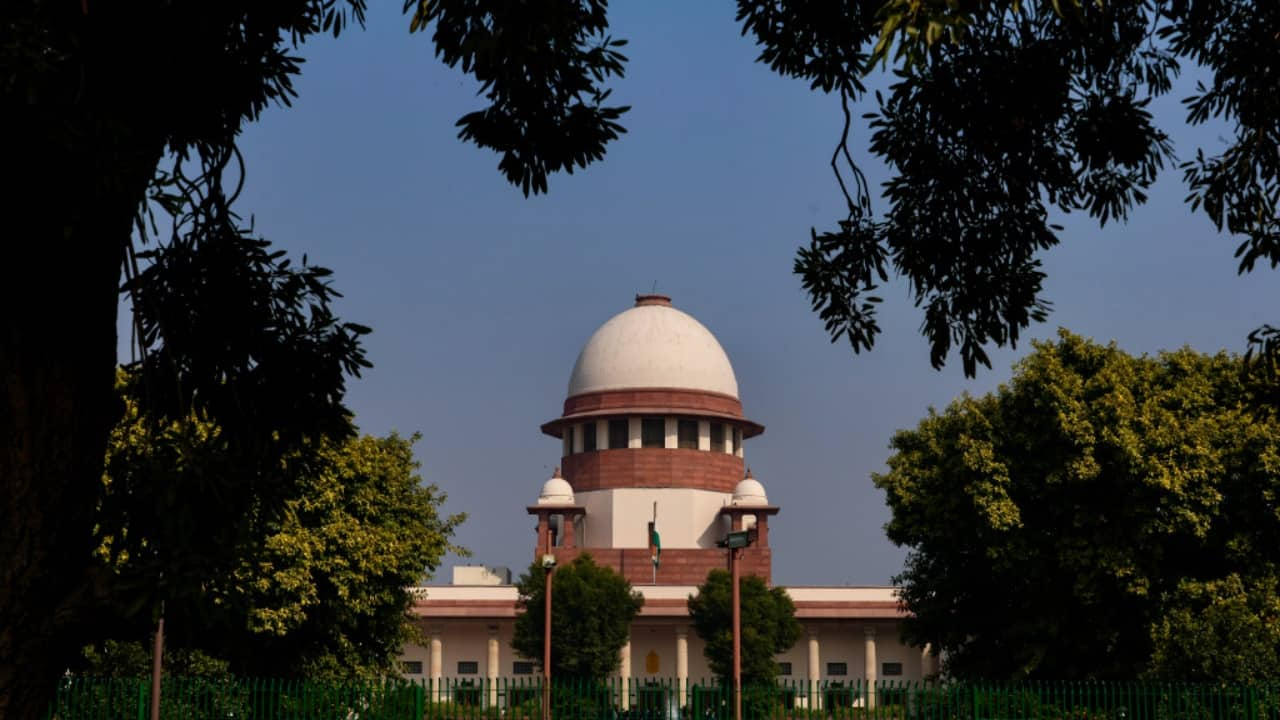 |
|
The Supreme Court of India recently delivered a strong rebuke regarding the bail application submitted by Tahir Hussain, an accused in the 2020 Delhi riots and a candidate for the All India Majlis-e-Ittehadul Muslimeen (AIMIM) party. Hussain, formerly associated with the Aam Aadmi Party (AAP), sought bail to actively participate in the upcoming Delhi elections. His legal representation argued that the Delhi High Court had granted him custody parole on January 14th to file his nomination, which was subsequently accepted. Therefore, they pleaded for bail to allow him to campaign effectively for the February 5th elections. The Supreme Court's response, however, was far from lenient, reflecting a critical stance on the practice of contesting elections while incarcerated.
The judges expressed strong disapproval of Hussain's situation, making pointed remarks about individuals seeking electoral office from within prison walls. Justice Pankaj Mithal, part of the two-judge bench, observed that the ease with which elections can be contested from jail is concerning, suggesting a need for reform in the electoral process to prevent such occurrences. The statement, 'Jail mein baithke ladte hain na chunaav ab toh (these days elections are contested from jail)...It is easy to win elections sitting in jail,' encapsulates the Court's disapproval of the perceived exploitation of the system. This sentiment highlighted the court's view that such actions undermine the integrity of the democratic process and the fairness of electoral contests. This critical perspective questions whether candidates leveraging their incarceration for political advantage represent genuine engagement with the electorate or a cynical manipulation of the system.
Hussain's legal team countered the Court's assessment, asserting the legitimacy of his case, prompting a postponement of the final decision until the following day. This highlights a fundamental legal disagreement: the prosecution maintains that Hussain's actions are egregious enough to warrant continued imprisonment, while the defense argues that his candidacy represents a valid political participation, despite his legal circumstances. The core of the conflict lies in the interpretation of Hussain's rights as a candidate versus the seriousness of the charges against him. The legal battle reflects a broader societal debate on balancing the principles of due process and fair elections with the need to maintain public trust in the integrity of the legal and political systems.
The background of the case further complicates the matter. Hussain, a former AAP councilor, faces serious charges related to the 2020 North-East Delhi riots, including the murder of Ankit Sharma, an Intelligence Bureau (IB) staffer. The trial court has already framed charges against Hussain under several sections of the Indian Penal Code (IPC), covering offenses such as murder, rioting, and inciting communal violence. The gravity of these charges significantly influences the Court’s consideration of his bail plea. The fact that he was initially denied bail by the Delhi High Court, only receiving custody parole to file his nomination, demonstrates the serious nature of the accusations against him and the concerns surrounding his potential involvement in the violence.
The Supreme Court's decision to postpone the hearing until January 21st underscores the complexities and sensitivities involved in this case. It suggests a need for careful deliberation, weighing the legal rights of the accused against the potential impact on the upcoming elections and public confidence in the judicial process. The outcome will have significant implications not only for Hussain's political future but also for the broader debate concerning the conduct of elections and the responsibilities of candidates, particularly those facing serious criminal charges. The Court’s decision will serve as a precedent, potentially influencing future cases involving candidates facing criminal charges while contesting elections.
The Supreme Court’s strong observations are a clear indication of its concern over the implications of allowing individuals charged with serious crimes to contest elections while in custody. It raises fundamental questions about the integrity of the electoral system and the responsibilities of those seeking public office. The case also highlights the complex interplay between the judicial and political spheres, demonstrating the judiciary's role in safeguarding the principles of justice and fair elections. The final verdict will not only determine Hussain's fate but will likely influence future interpretations of the intersection between criminal charges and political participation.
